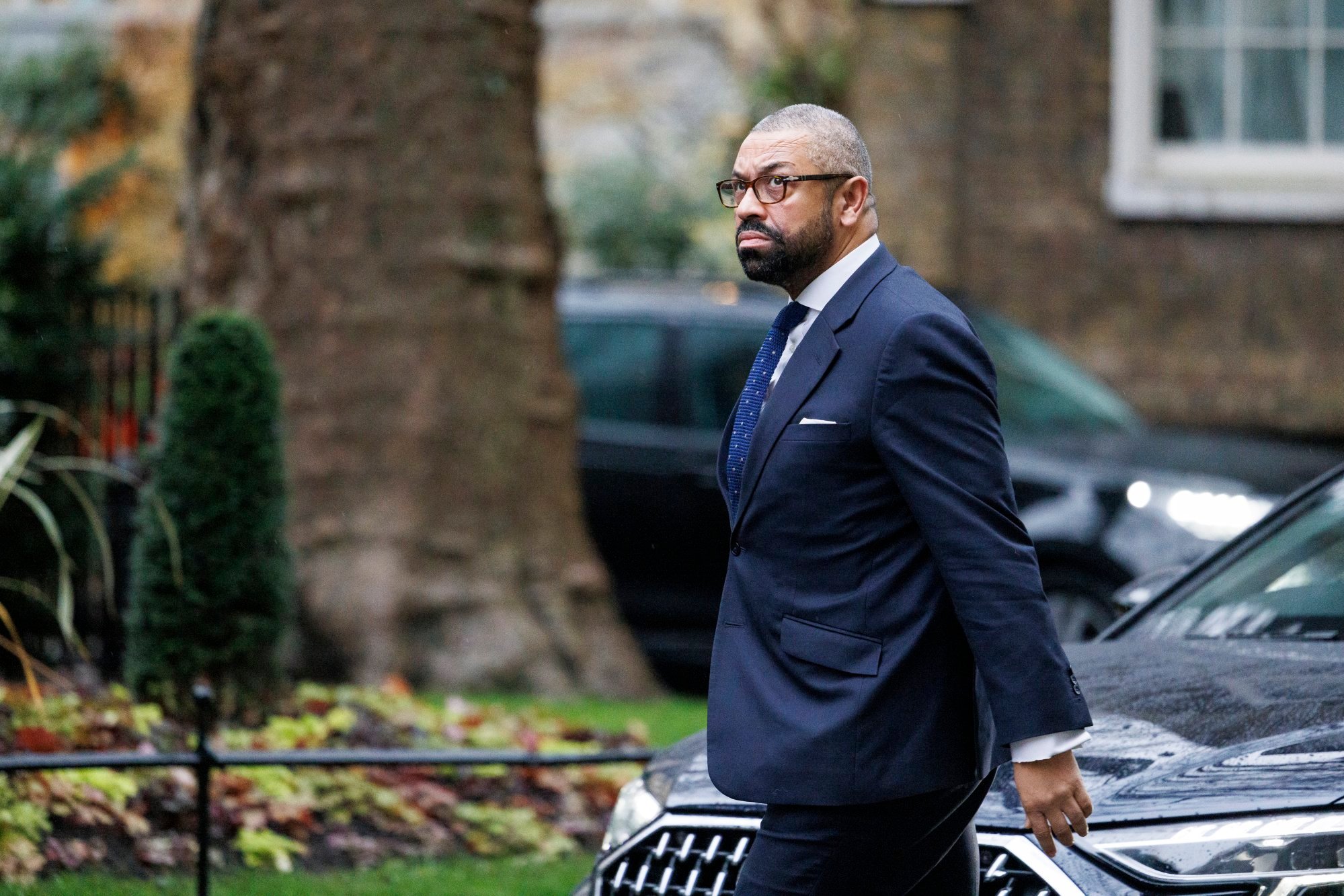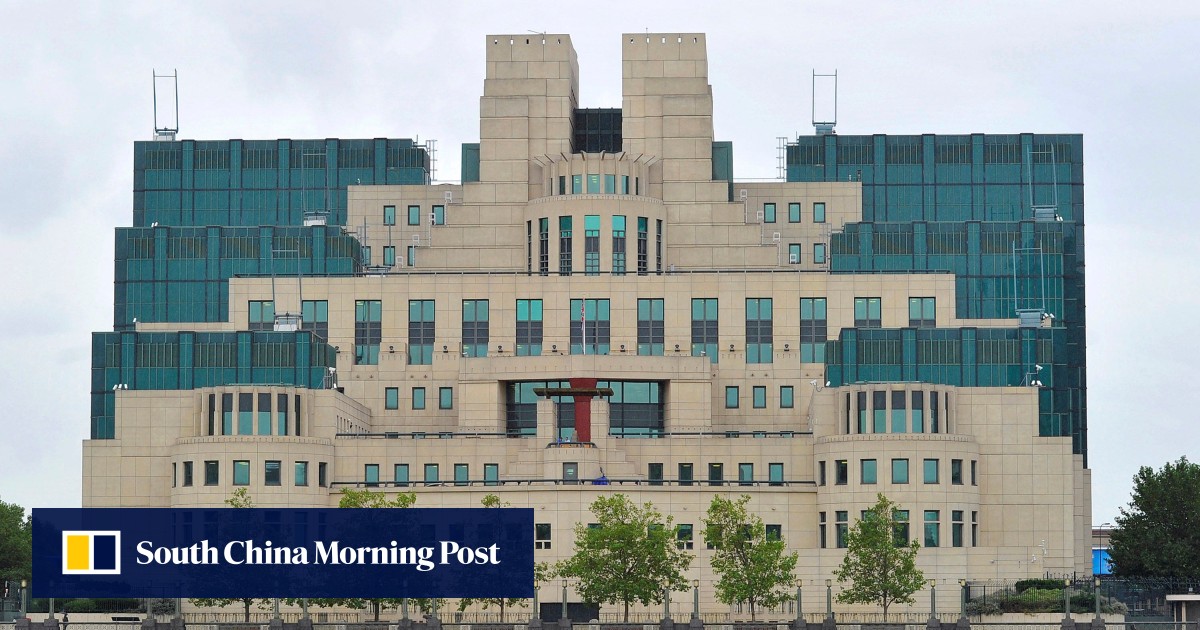In response, two individuals and one company linked to APT31 have been hit with asset freezes and travel bans.
The US said the attacks are “directly endangering US national security”. A statement from the US Treasury Department’s Office of Foreign Assets Control (OFAC) named the company as Wuhan Xiaoruizhi Science and Technology Company Limited.
The company was described as a “Ministry of State Security front company that has served as cover for multiple malicious cyber operations”.
The individuals named were Zhao Guangzong and Ni Gaobin, who OFAC said are afilliated with the company. Separately, the US Justice Department announced its indictment of Zhao, Ni and five Chinese nationals for APT31 activities “in furtherance of [China’s] economic espionage and foreign intelligence objectives”.
“APT 31 has targeted victims in some of America’s most vital critical infrastructure sectors, including the defence industrial base, information technology and energy sectors,” the Treasury Department announced.
“APT 31 actors have gained unauthorised access to multiple Defence Industrial Base victims, including a defence contractor that manufactured flight simulators for the US military, a Tennessee-based aerospace and defence contractor, and an Alabama-based aerospace and defence research corporation,” it added.
In a dramatic twist that could disrupt a relative detente in bilateral ties, the British authorities also accused Chinese entities of hacking the country’s Electoral Commission between 2021 and 2022.
“The UK, supported by allies across the Five Eyes partnership, have today identified that China state-affiliated actors were responsible for two malicious cyber campaigns targeting democratic institutions and parliamentarians,” read a statement from the British Foreign Office.
Claims of spy in UK parliament spark new debate over relations with China
Claims of spy in UK parliament spark new debate over relations with China
The commission is an independent agency that regulates party and election finance and sets standards for how elections should be run. Its systems were “highly likely compromised by a China state-affiliated cyber entity”, the statement said.
While this meant that millions of British voters had their details accessed by Beijing, it has “not had an impact on electoral processes”, it added.
Cabinet members slammed China’s cyberattacks, with Foreign Secretary David Cameron saying he had raised them with Chinese counterpart Wang Yi.
“It is completely unacceptable that China state-affiliated organisations and individuals have targeted our democratic institutions and political processes,” Cameron said.
During a parliament debate on the cyberattacks, Deputy Prime Minister Oliver Dowden said that the Chinese ambassador would be summoned to the Foreign Office.
“The UK does not accept that China’s relationship with the United Kingdom is set on a predetermined course, this depends on the choices that to China makes,” Dowden said.
Home Secretary James Cleverly, who as Cameron’s predecessor oversaw a thaw in Britain-China relations, described the hacks as “reprehensible”.

“China’s attempts at espionage did not give them the results they wanted and our new National Security Act has made the UK an even harder target. Our upcoming elections, at local and national level, are robust and secure,” Cleverly said.
A European Union statement expressed “solidarity with the UK on the impact of malicious cyber activities against their democratic processes”.
“Ahead of the European and national elections, we are providing recommendations and guidance to public and private sector organisations in the EU to raise awareness about these cyber threats and enhance EU cyber resilience,” it said.
Multiple Chinese government statements condemned the transatlantic sanctions. Liu Pengyu, spokesman for the Chinese Embassy in Washington, claimed that the “US itself is the origin and the biggest perpetrator of cyberattacks”.
“We urge the US to stop its worldwide cyber espionage and cyberattacks, and stop smearing other countries under the excuse of cybersecurity,” Peng said, adding that Washington had “jumped to an unwarranted conclusion and made groundless accusations against China”.
A small group of hawkish British lawmakers were called to a briefing with the parliament’s head of security on Monday lunchtime, after which they confirmed they were among those targeted by Beijing.
Qihoo 360 says US NSA is behind hacking group that has stolen Chinese data
Qihoo 360 says US NSA is behind hacking group that has stolen Chinese data
These were former Conservative Party leader Sir Iain Duncan Smith, ex-education minister Tim Loughton, House of Lords member Lord Alton of Liverpool and Scottish National Party MP Stewart McDonald. All four are members of the Inter Parliamentary Alliance on China.
At a news conference following the meeting, the lawmakers demanded that the British government label China as a “threat”, with Prime Minister Rishi Sunak opting to name it as an “epoch-defining challenge”.
“Most MPs are already clear that China is a threat, we don’t go around the tea rooms talking to each other about, ‘My gosh, have you seen how challenging they are in an epoch sense?’ over a cup of tea. What we talk about is the threat,” Smith said.
They also demanded that China be added to an “enhanced tier” of the country’s foreign influence registration scheme.
During the parliamentary debate, hardliners questioned the scope of Britain’s retaliation. Loughton, who was among the MPs sanctioned by Beijing almost exactly three years ago, complained that the Chinese company sanctioned “employs 50 people with a turnover of £208,000” (US$263,000).
McDonald accused Dowden of “turning up at a gunfight with a wooden spoon”.
Chinese hackers are targeting key US infrastructure, FBI chief warns
Chinese hackers are targeting key US infrastructure, FBI chief warns
It is the latest in a series of espionage scandals that have rocked Sino-British relations. Last March, an alleged spy working for China in the British Parliament was arrested on suspicion of violating the Official Secrets Act.
British media identified the man as Chris Cash, a researcher at the China Research Group and staffer for head of the Foreign Affairs Committee, Alicia Kearns. Cash denies the charges.
During Monday’s debate, Democratic Ulster Unionist MP Jim Shannon said that the website of the parliament’s group for international freedom of religion or belief had also been hacked and scrubbed of content on “human rights violations by China”.
An announcement by the US Justice Department also alleged that some of APT31’s activity more more than a decade was directed against political dissidents.
Since at least 2010, according to the US Justice Department’s indictment, “the hacking targeted “numerous US government officials, various US economic and defense industries and a variety of private industry officials, foreign democracy activists, academics and parliamentarians in response to geopolitical events affecting” China.
“These computer network intrusion activities resulted in the confirmed and potential compromise of work and personal email accounts, cloud storage accounts and telephone call records belonging to millions of Americans … and contributed to the estimated billions of [US] dollars lost every year as a result of” illegal technology transfers, it added.
Additional reporting by Khushboo Razdan and Robert Delaney in Washington







